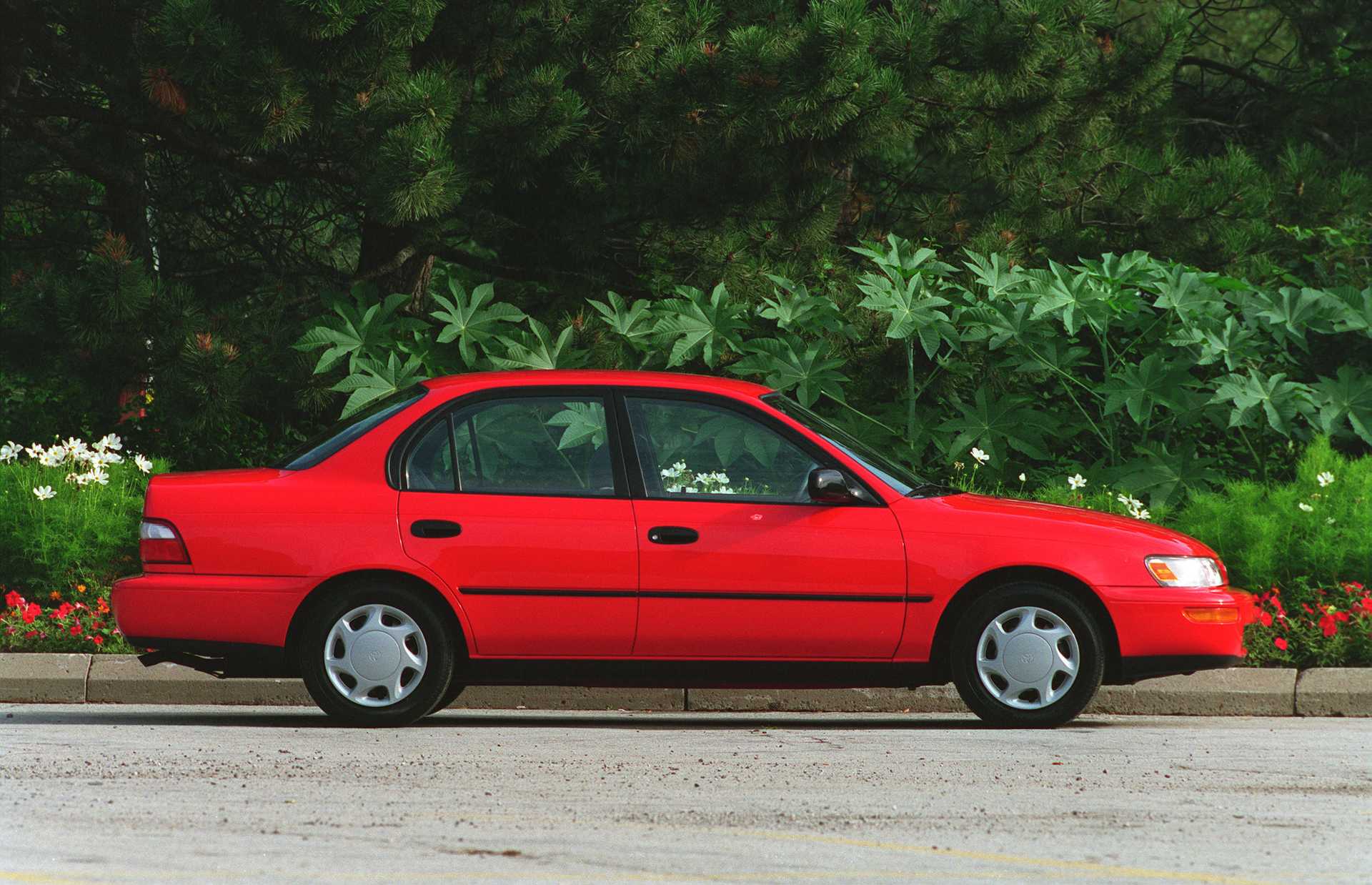While picking up my daughter from school today, I noticed an old jeep in the parking lot, but did not think much of it until I saw the tri-spoked Mitsubishi logo above the grill and did quite the double-take. Apparently a number of foreign companies were licensed to produce them after WW2.
the old re-badge where the same car is made by a different company
This seems more like a result of the Jeep engineering being shared with numerous manufacturers during WWII to meet production needs. It kind of became “open source” (except AMC charged for it), plus Japan had engineered their own utility vehicle before WWII (Kurogane 95), and really, the requirements for that type of vehicle would lead to very similar results anyway. Just look at the (stereotypically weird) French V15, or the GAZ (forget the model) which also predates the Jeep (though the GAZ was a car), or the Kubelwagon.
Re-badging is typically when the same platform is used as different models across sister brands, rather than same engineering used by separate companies.
GM and Ford did a LOT of re-badging in the 50’s - 70’s (Camaro/Firebird for example, and Cadillac was the same chassis as Chevy with a lot of bells and whistles added), and then the 80’s with Japanese companies they partnered/heavily invested in (Plymouth Arrow and Duster were Mitsu, and 1980’s Plymouth/Chrysler small pickups were too, if my memory is right).
Mitsubishi and Chrysler had a number of these - Conquest/Starion, Talon/Eclipse, and quite a few others I can’t think of at the moment. Ford bought a controlling interest in Mazda, so we have things like the Mazda B2000/Ford Ranger pickup.
Ooh, just remembered another term used for these (American/Japanese) cars - “captive imports”.
Guess it really depends on how you want to look at or talk about them.
Maybe there’s another, better term for how the Jeep engineering was licensed to other companies.
Mahindra&Mahindra also had a perpetual licence. They can still manufacture and sell the Roxor and Thar, but can not export them to Western country’s for on-road use. You can purchase Roxors in the US, but you can’t register them.
Thars look an awful lot like Wranglers but are only available in country’s where Jeep do not have a commercial presence.
I think Licensing is pretty much the best way to explain it. IIRC it was/is mainly companies in developing countries that were paying to use Jeep designs rather than Jeeps being shipped overseas or Jeep manufacturing having to be spun up in the country. Recently Mahindra had a license to use Jeep designs for manufacture in India but got in trouble because they were using those designs to make vehicles for the US market (I think it was the Roxor) and that was violating their terms.
These had the same body style, but the engine is different than the American-made models of the same years. They have Mitsubishi Astron engines and another diesel model. Also, obviously, left hand drive.
I used to love trolling the “tuners” back in the day by slapping a JDM sticker on my Cavalier after buying a part that came from Japan for a Toyota Cavalier.
The GP.





